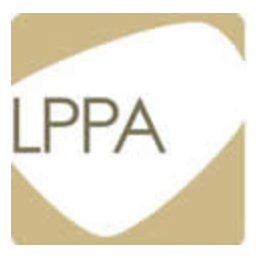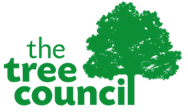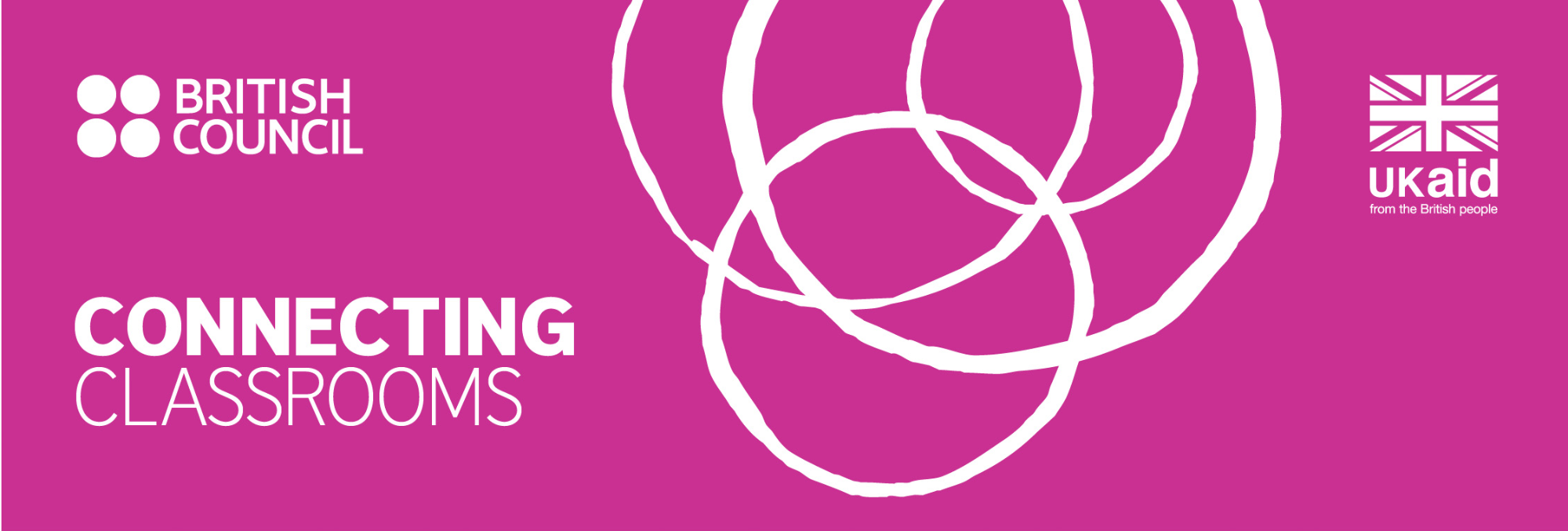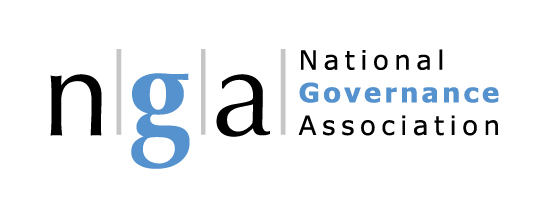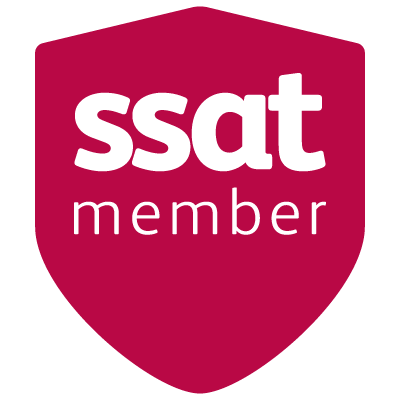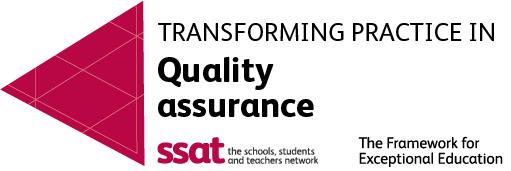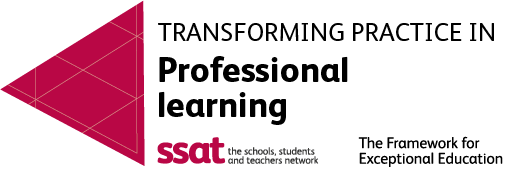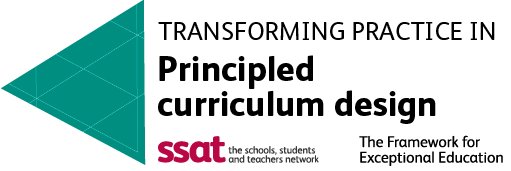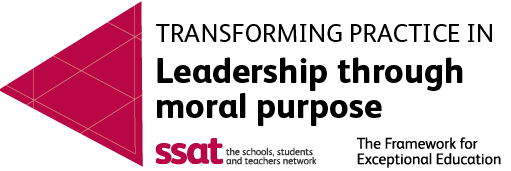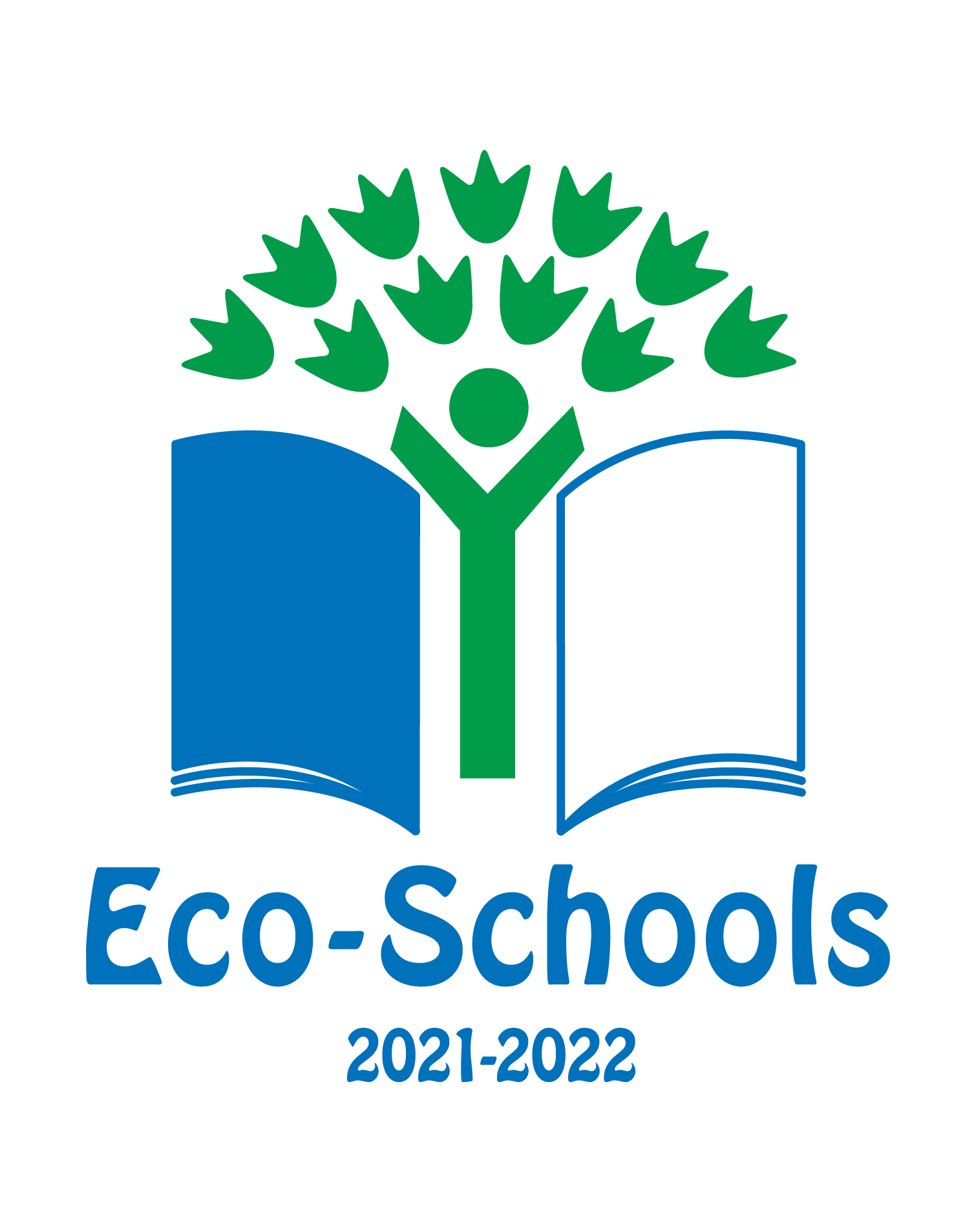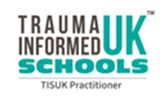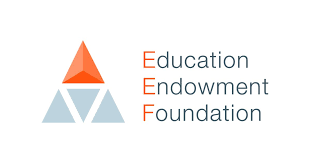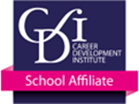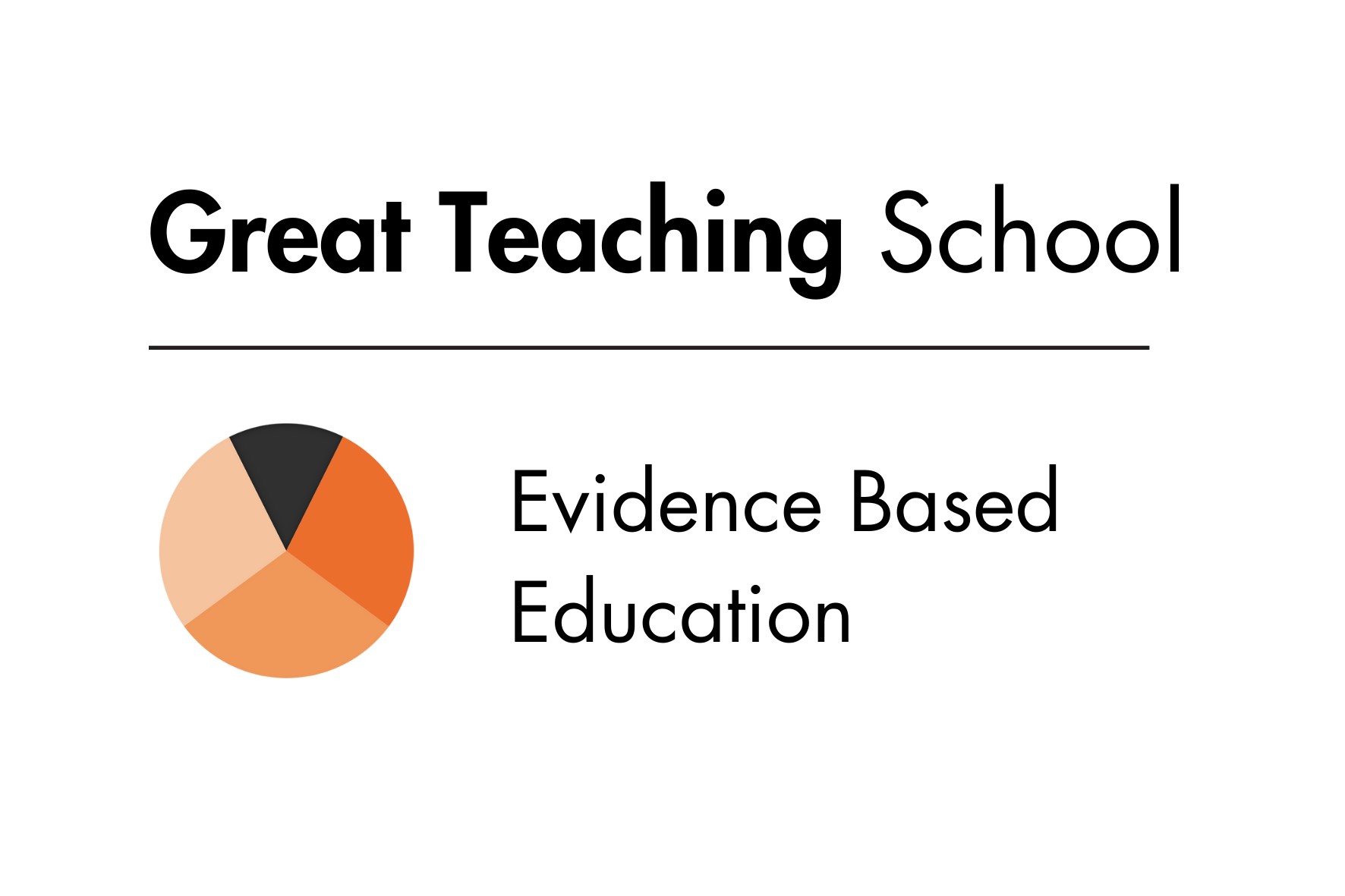OFSTED
Our recent Inspection Reports
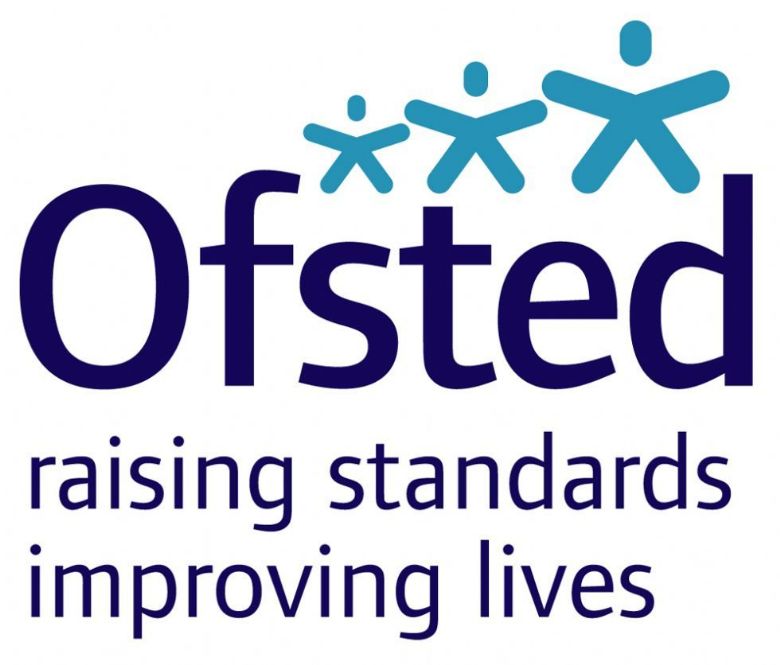 |
Our Academy was last inspected in April 2024. The Academy received the following judgement: Overall effectiveness: Good. |
Outcome:
Woodrush High School continues to be a good school. The headteacher of this school is John Barber. This school is a single academy trust, which means other people in the trust also have responsibility for running it. The trust is overseen by a board of trustees, chaired by Professor Stuart Brand.
What is it like to attend this school?:
This is a school where pupils live out leaders’ expectations of being Woodrush Ready: be prepared, be productive, be respectful, and be reflective. This means the school is a harmonious community where difference is celebrated, and pupils behave considerately to each other and to visitors. The school takes pride in its role in the local community, and pupils take a lead in promoting this.
Pupils respond well to the school’s expectations of them academically. They that adults at Woodrush High go the extra mile for them, both in their studies and the many extra-curricular opportunities that are organised for them. These include a wide range of trips and visits, which are planned within the curriculum. There are also a number of sporting opportunities including partnerships with local clubs.
Typically, pupils focus in lessons and aim to do their best. Pupils understand the school’s expectations of them and aim to meet them. They know that the school will listen to them and support them in a range of ways. Pupils speak highly of this, and are proud of their school.
What does the school do well and what does it need to do better?:
The school has put in place an ambitious curriculum for all pupils, with the English Baccalaureate suite of qualifications at its core. Leaders have extensively reviewed what pupils will learn and the order in which this will happen across all subjects. For the vast majority, this means the curriculum clearly sets out the key knowledge that pupils need to learn and remember. Assessment supports teachers to identify where there are gaps in pupil understanding, and appropriate adaptations follow to ensure these gaps are closed. However, there are occasions when assessment is not used effectively to check that pupils have understood key learning. On these occasions, misconceptions persist, or opportunities are missed to move pupils on to more challenging tasks. The school has worked very effectively to increase pupil numbers in its sixth form. The curriculum offer for post-16 is now broad and of high quality, with a significant number of enrichment opportunities. The school has a strategy in place to support weaker readers and to promote a wider love of reading. This strategy is yet to be fully embedded. Leaders are not regularly checking the impact of their work to support pupils who are struggling to read to help them become fluent readers.
Pupils with special educational needs and/or disabilities (SEND) have their needs accurately identified. Appropriate adaptations are made for learning in class or with personalised support. As a result, these pupils achieve well.
The school has effective systems in place to track attendance, and puts support in place when there are concerns. These actions have had a positive impact and, as a result, overall attendance is above national levels. That said, attendance is lower for some more vulnerable pupils, and these pupils miss too much school.
The wider curricular provision is extensive and strategically planned. Leaders take care to track uptake on trips and wider opportunities to ensure that all pupils benefit from their offer. Leaders review the provision to ensure it remains of high quality, including the work to enhance pupils’ spiritual, moral, social and cultural development. Pupils receive regular information about careers and future destinations throughout their time at the school. Pupils in Year 10 and Year 12 have work experience placements, and the school ensures that pupils who are disadvantaged have appropriate support to achieve this. The school has well-developed links to a wide variety of post-16 and post-18 destinations.
The school has successfully clarified expectations around pupils’ conduct, with ‘Woodrush Ready’ being clearly embedded through regular reviews in form time. This means pupils understand how the school expects them to behave, and pupils are polite, respectful and courteous. Pupils know the school will take effective and fair action should they need support to meet leaders’ expectations. Pupils appreciate the leadership positions which exist in the school, and that their voices are heard by leaders.
The headteacher and governors have worked extensively to ensure that leaders at all levels are supported in their roles, and can make decisions that are in the pupils’ interest with appropriate autonomy. Engagement with staff at all levels drives key decisions, and staff report that they appreciate developments that leaders have put in place to manage workload and support them in their roles. Governors are highly supportive of the school and hold leaders to account effectively. They ensure that they secure external validation of the school’s work to build further improvements.
Safeguarding:
The arrangements for safeguarding are effective.
To view the full report, please click on the document link below.


